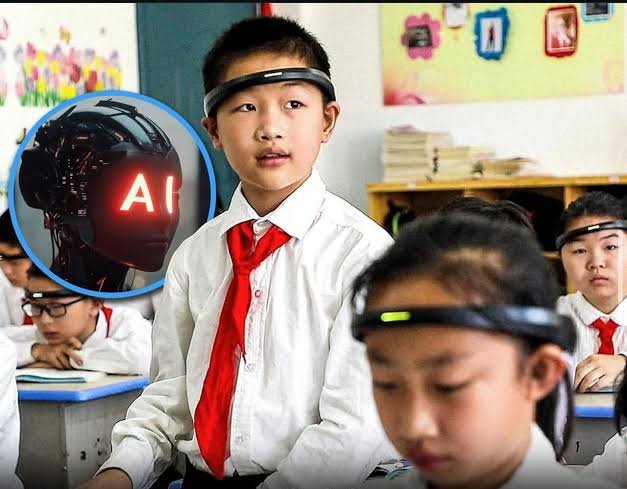China is making a major change in its education system by introducing compulsory AI (artificial intelligence) lessons for children as young as six years old. Starting September 1, the new program will make AI education part of the school curriculum.
The goal is to prepare the next generation with the skills needed to succeed in a world where AI plays an increasingly important role.
This step shows China’s determination to stay ahead in the global technology race. By teaching children about AI from an early age, the country is making sure they grow up with a strong understanding of digital tools, problem-solving, and innovation.
This will help young students not only adapt to rapid technological change but also contribute to shaping it.
AI is already transforming industries, economies, and everyday life. From healthcare to finance and from communication to transport, AI is becoming a key part of how the modern world functions.
By training children early, China hopes to build a workforce that is both tech-savvy and creative, able to handle challenges while exploring new opportunities in the digital era.
This move is also likely to influence other countries. Many nations may follow China’s example by adding AI studies to their own school systems to keep their young generations competitive.
In the coming years, education reforms like this could decide which countries take the lead in technology, innovation, and the global digital economy. With this step, China has once again shown its focus on preparing for the future.

